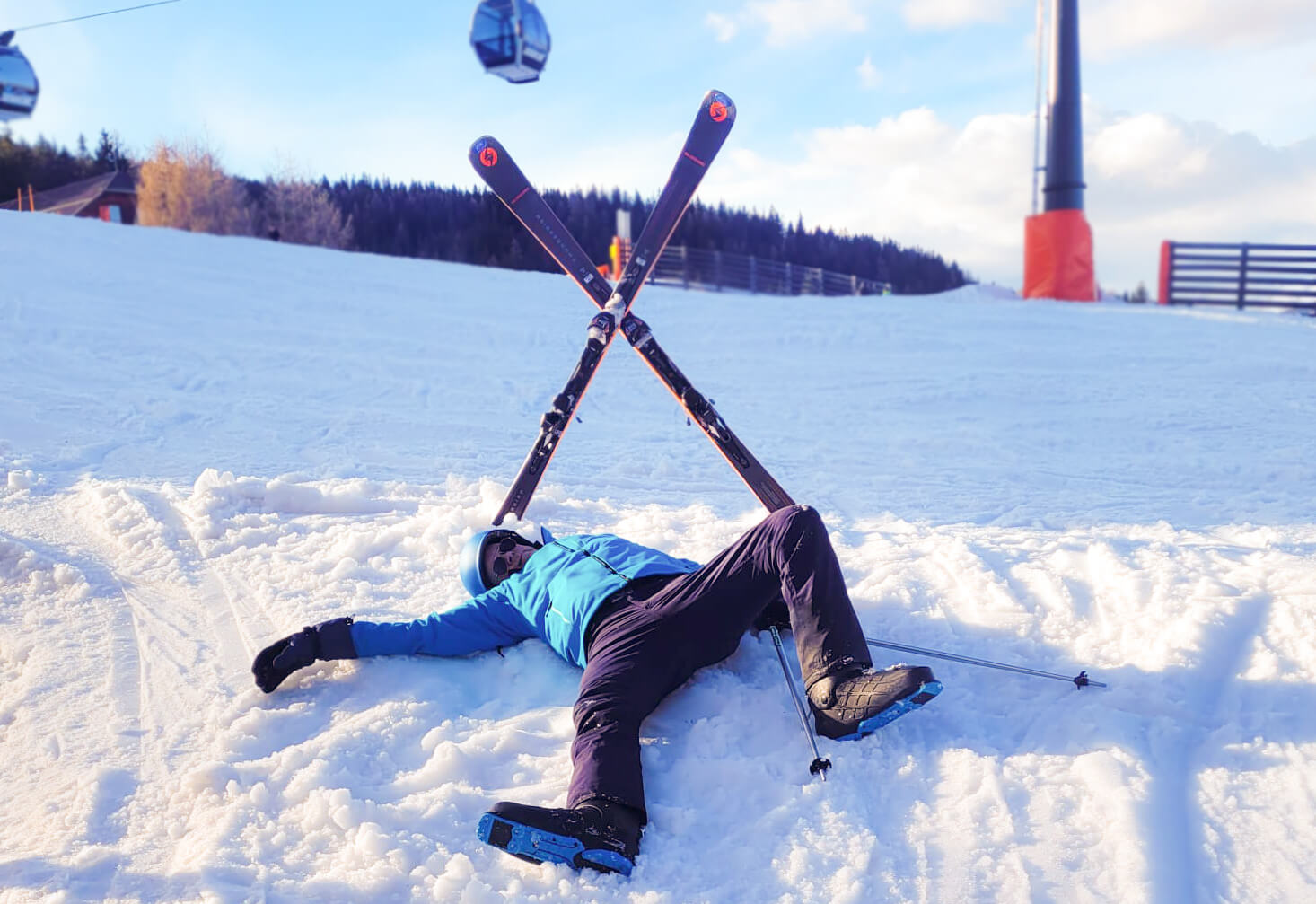Employers Cannot Forbid Skiing
In times of scarce personnel resources and high sickness rates, cautious employers will want to prevent their employees from exposing themselves to risky activities while on vacation. However, it is only in professional soccer or comparable special employment relationships that employers can prohibit their employees from practicing certain sports. In the normal working world, such a prohibition is seen, among other things, as an undue interference with the employees’ privacy protected by the German Constitution (Grundgesetz – GG). Thus, even fearful employers must therefore tolerate that their employees expose themselves to the risks of alpine skiing. Employers must accept those risks as much as they have to accept the amateur footballer who exposes themselves to the risk of bone fractures on the football field every Saturday, only to show up for work on Monday slightly bruised, if lucky.
Employers can also not deny an employee their vacation on the grounds of fear of injury. In principle, it is none of the employer’s business where and how employees spend their vacation. According to Sec. 7 para. 1 of the German Federal Vacation Act (Bundesurlaubsgesetz – BurlG), other employees’ vacation requests or urgent operational concerns, but not fears of a skiing accident, can be held against the request for leave.
Continued Payment of Remuneration in Case of Accidents
Nor can the employer contractually exclude the statutory entitlement to continued payment of remuneration for special situations in advance. The protection provided by the German Continued Remuneration Act (Entgeltfortzahlungsgesetz – EFZG) is not subject to the discretion of the parties to the employment contract. Consequently, the employer must accept that employees could suffer serious injuries during their vacation and that in such an event, they will be entitled to continued payment of remuneration for up to six weeks.
While the entitlement to continued payment of remuneration pursuant to Sec. 3 para. 1 EFZG is statutorily excluded if the employee is at fault for their incapacity to work, the legal hurdles are high. A gross violation of the self-interest of a reasonable person is required. The German Federal Labor Court has formed three case groups for this purpose.
Skiing is Not a Particularly Dangerous Sport
Skiing may entail some risks, but it is generally accepted that it does not fall into the category of particularly dangerous sports; even hang-gliding does not fall into this category. At most for kickboxing and similarly dangerous sports, it seems conceivable to refuse continued payment of wages due to culpable illness. “None of the socially recognized sports entail such great dangers for the athlete who is physically capable to perform them, provided that existing safety rules be observed, that they are no longer in reasonable proportion to the positive values of the sporting activity”, the Rhineland-Palatinate Regional Labor Court decided in a ruling of October 29, 1998 (5 Sa 823/98). Even finger hooking is not considered to be a particularly dangerous sport, provided that there are no weak or injury-prone finger bones.
Beginners Beware
The second category of self-inflicted incapacity to work may be more relevant in many cases. For this to apply, skiing would have to significantly exceed the athletic performance capabilities of the employee, and they must be aware of this. An example would be a novice skier who could be accused of self-inflicted incapacity to work if they, without skill but with great courage, plunge onto a black slope at the beginning of their skiing career and being injured in the process.
The Refreshment Stop and Off-Slope Skiing
The third group of cases of self-inflicted illness, namely the violation of recognized rules of skiing, is certainly not uncommon in the world of winter sports. If the lunch stop lasts a little longer and is enriched with alcoholic beverages such as beer and spirits only for the skier to then move straight on to après-ski, a skiing accident on the final descent into the valley can call into question the continued payment of remuneration. This certainly also applies to skiing accidents that happen off the groomed slopes. It is rare for employers however to learn of such circumstances.
Transfer of Claim in the Event an Employee is Hurt Due to an Intoxicated Skier
With a bit of luck, the employer may find out that the employee did not fall accidentally but was run over by an intoxicated skier. In such a case, Sec. 6 EFZG provides for a transfer of claim from the employee to the employer. Employers may therefore always want to inquire about the course of the accident in the event of incapacity to work due to a skiing accident.
In general, it is wise to keep the words of Winston Churchill in mind, who famously said: “No Sports!” In this sense: “Ski safely or break a leg!”




